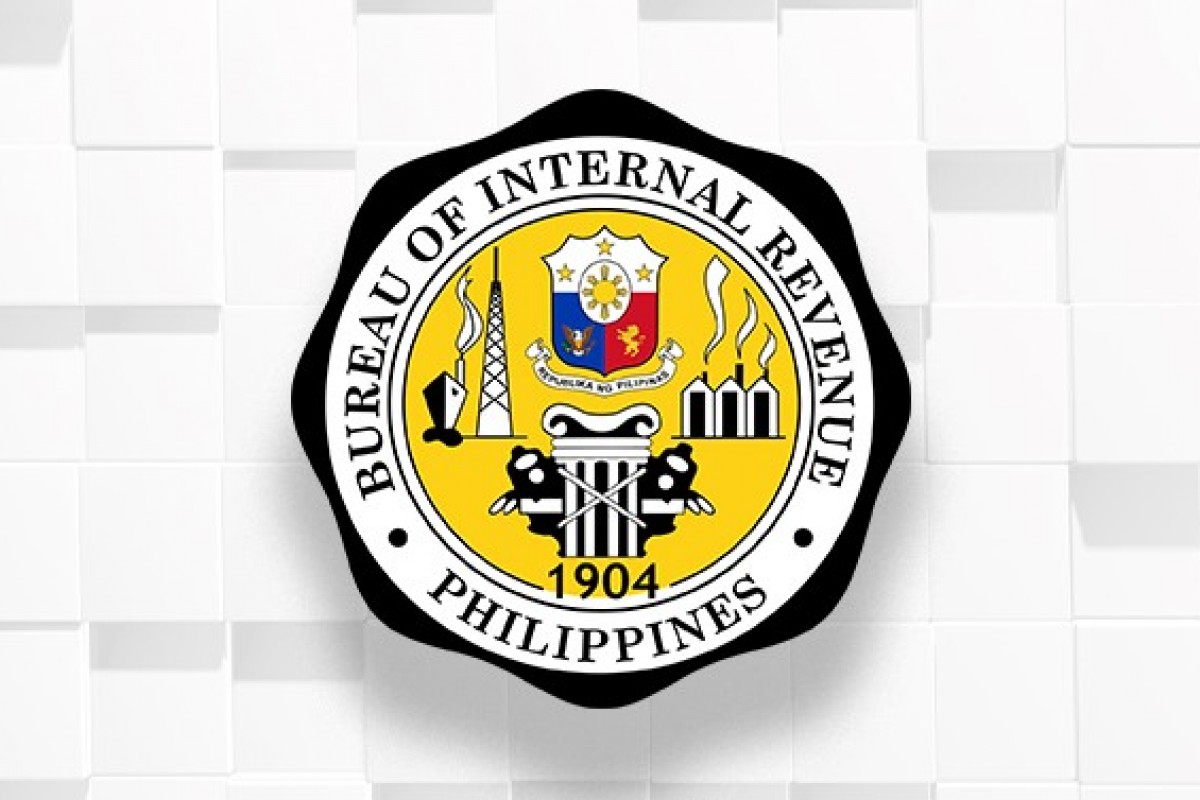QUEZON CITY -- As financial technology (FinTech) products and services continue to influence consumer preference especially during this pandemic, the Bureau of Internal Revenue is keeping an eagle eye to ensure that Fintech companies in the country are paying their fair share of taxes.
FinTech is the technology and innovation that aims to compete with traditional financial methods in the delivery of financial services. It is an emerging industry that uses technology to improve activities in finance. The FinTech firms, according to SEC, cover operators, issuers and service providers of electronic payments, alternative credit scoring companies, online lending firms, digital banks, virtual asset service companies, play-to-earn platforms, crowdfunding platforms, big data companies, digital advisers, and insurance technology firms, to name a few.
“The BIR will continue to gather information and knowledge from the other regulatory agencies on identifying, addressing and closing the gaps resulting from the development and proliferation of Fintech entities not clearly or explicitly covered by existing regulations,” Deputy Commissioner (DCIR) Marissa Cabreros said in response to Finance Secretary Carlos Dominguez III’s directive to closely monitor FinTech firms and to determine how they should be regulated and taxed in a meeting last October 21.
DCIR Cabreros likewise said the BIR will create a team that will evaluate the tax obligations of Fintech company activities based on categories identified by SEC and those regulated by BSP, and will direct its Large Taxpayers Service (LTS) unit to check on existing large taxpayers engaging in activities that are variations of existing businesses and validate if correct taxes are being paid.
Moreover, the BIR is now validating the registration profile of existing FinTech companies, based on the list provided by the SEC and the BSP, and will guide and encourage those not yet registered and compliant with their tax obligations.
On top of these, the Bureau will continue to check the FinTech companies’ compliance with their tax obligations under the existing revenue issuances. As early as August 2013, the Bureau already issued a Revenue Memorandum Circular—RMC 55-2013 on the obligation of taxpayers in relation to online business transactions and had subsequently released several other issuances on the registration, filing of tax returns, and tax payments on these activities, the latest of which is RMC 97-2021.
According to DCIR Cabreros, the tax law, rules and regulations governing regular domestic/foreign company or a financial institution shall also be applicable to FinTech companies. Thus, these firms should also file and pay income tax; value-added tax (VAT), business tax or gross receipts tax, whichever is applicable; and the documentary stamp tax (DST) when applicable.
Commissioner Caesar R. Dulay urged noncompliant FinTech companies to visit the revenue offices. “We will guide you in paying correct taxes. Tax evasion is a criminal offense, please do not wait for you to be caught to avoid facing criminal charges and substantial penalties,” he said.
For tax guide, download a flyer by scanning the QR Code and/or call the Bureau at 8538-32-00. (BIR with inputs from DOF)




